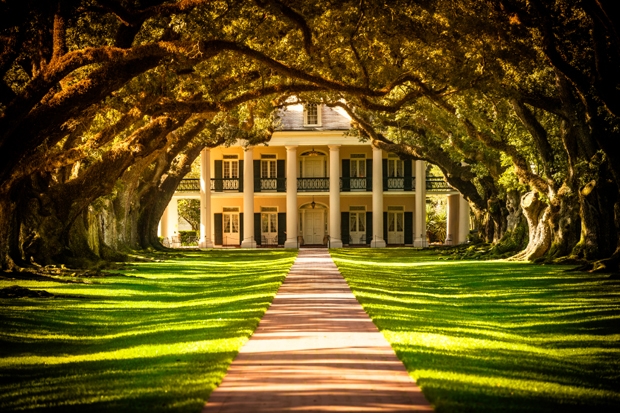During the first ten pages of this long work Paul Theroux, on a journey through the American South, meets two citizens of Alabama. The first, encountered in Tuscaloosa when he asked the way to the Cornerstone Full Gospel Baptist Church, was named Lucille, called him ‘Mr Paul’, said ‘Ain’t no strangers here, Baby’, took him to the church and said ‘Be Blessed’ when they parted. The second, a citizen of Gadsden, was named Wendell, called him ‘Sir’, clamped him on the shoulder, said ‘Kin Ah he’p you in inny way?’ and before they parted suggested they meet again for ‘a sandwich, peanuts or anything’.
In neither encounter, in a part of the world where racial sensibilities are probably more intrusive than anywhere else, does Theroux happen to mention whethereither Lucille or Wendell was black or white — they were simply representative of what he calls the comforting embrace, or alternatively the unrelenting grip, of the Deep South — the part of the country, that is, that formed the slave states of the old Confederacy.

Get Britain's best politics newsletters
Register to get The Spectator's insight and opinion straight to your inbox. You can then read two free articles each week.
Already a subscriber? Log in







Comments
Join the debate for just $5 for 3 months
Be part of the conversation with other Spectator readers by getting your first three months for $5.
UNLOCK ACCESS Just $5 for 3 monthsAlready a subscriber? Log in